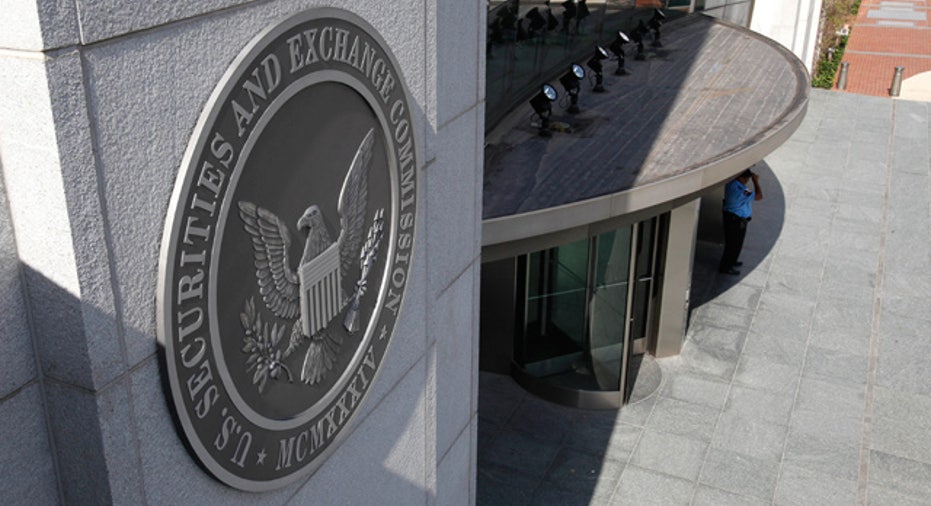SEC's White: Hedge Fund Transparency Benefits Investors

Securities and Exchange Commission Chair Mary Jo White on Friday said new financial regulations that have expanded transparency in the once-opaque world of hedge funds will benefit investors.
The Dodd-Frank banking reform bill, passed in the wake of the 2008 financial crisis, required most advisers to hedge funds and other private investment funds to register with the SEC, which White said has resulted in more information filtered to the public regarding these funds’ business operations and potential conflicts of interest.
The Jumpstart Our Business Startups Act (JOBS), passed last year to create jobs and promote economic growth, allows hedge funds for the first time to publicly advertise their products like mutual funds.
Now hedge fund and private equity titans such as Bridgewater Capital, Paulson & Co.and Blackstone Group (NYSE:BX) can reach out to potential investors through the customary marketing venues of television, billboards, print ads and the Internet.
White, in prepared remarks to the trade group Managed Funds Association in New York, said the latter gives hedge fund managers “a new freedom” to communicate directly with investors “openly and frankly.” In addition, private fund managers can now speak freely with the media and participate in investment conferences.
In the past, hedge fund managers have operated mostly in secrecy for fear of attracting the wrath of regulators, soliciting investors mostly through word of mouth. The decades-old ban on advertising was intended to prevent unsophisticated investors from losing their shirts to potentially unscrupulous fund managers.
“Taken together, these are significant changes – creating an opportunity for a new era of openness, public engagement and the availability of information about your industry,” White said.
Prior to 2010 and the passage of Dodd-Frank, White said regulators were in the dark concerning the number of hedge fund managers managing money and the size of the private fund market. Since the registration requirement kicked in about 1,500 advisers have registered with the SEC, according to White, or fully one-third of the overall number of just over 4,000.
“Until then, we did not know that we had not accounted for one-third of the industry,” she said.
White said registration with the SEC benefits hedge funds by raising their credibility in the eyes of investors.
The SEC has recently been involved in several high-profile enforcement cases cracking down on big hedge funds primarily for allegations of insider trading. In March, SAC Capital run by star manager Stephen A. Cohen, agreed to pay a $616 million civil penalty for not enforcing rules that would prevent insider trading at the firm. The fine was a record penalty for the SEC. Cohen was charged by the SEC in July with failing to supervise SAC employees accused of insider trading.
The SEC conducted a parallel civil case in coordination with federal prosecutors against Raj Rajaratnam, reaching a $92 million settlement with the former head of Galleon Group. Rajaratnam was convicted in the criminal case and sentenced to 11 years in prison.
White said Friday that the SEC has also targeted hedge funds for false advertising and performance claims, overvaluing assets to charge excessive fees, favoring some investors over others and using private funds for the benefit of fund employees.



















